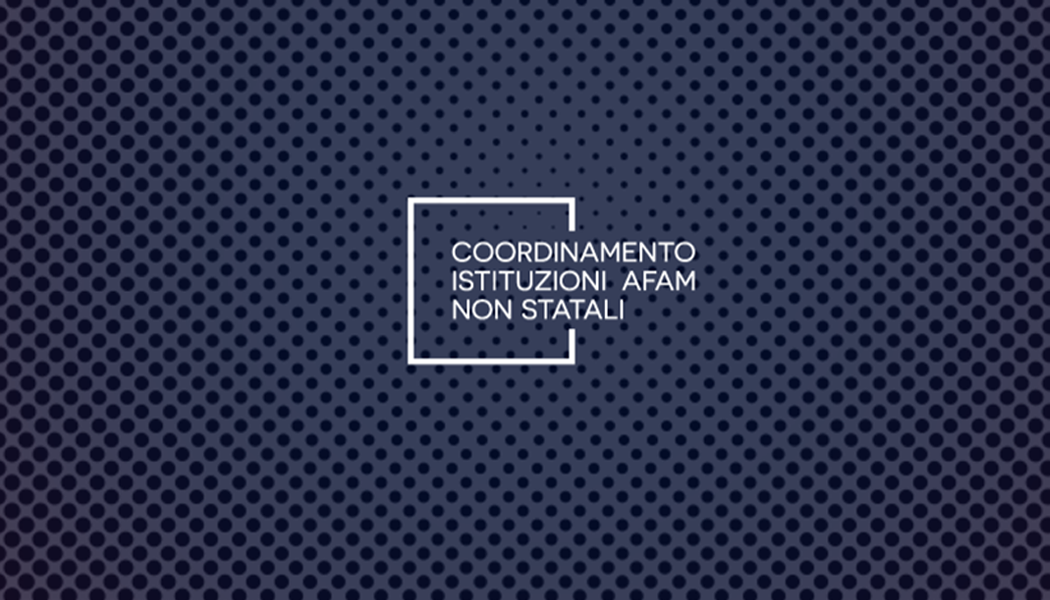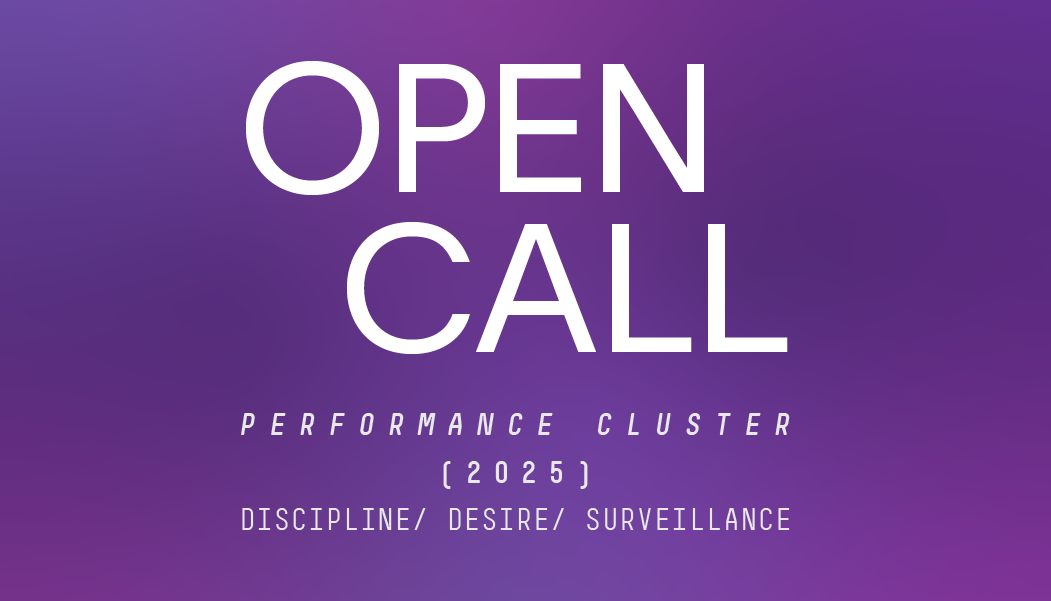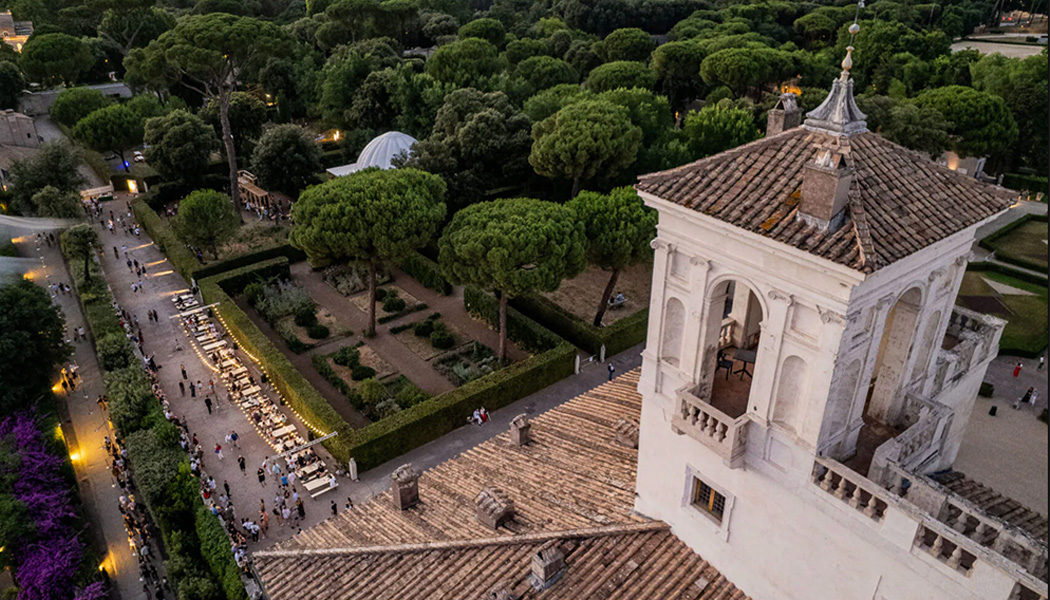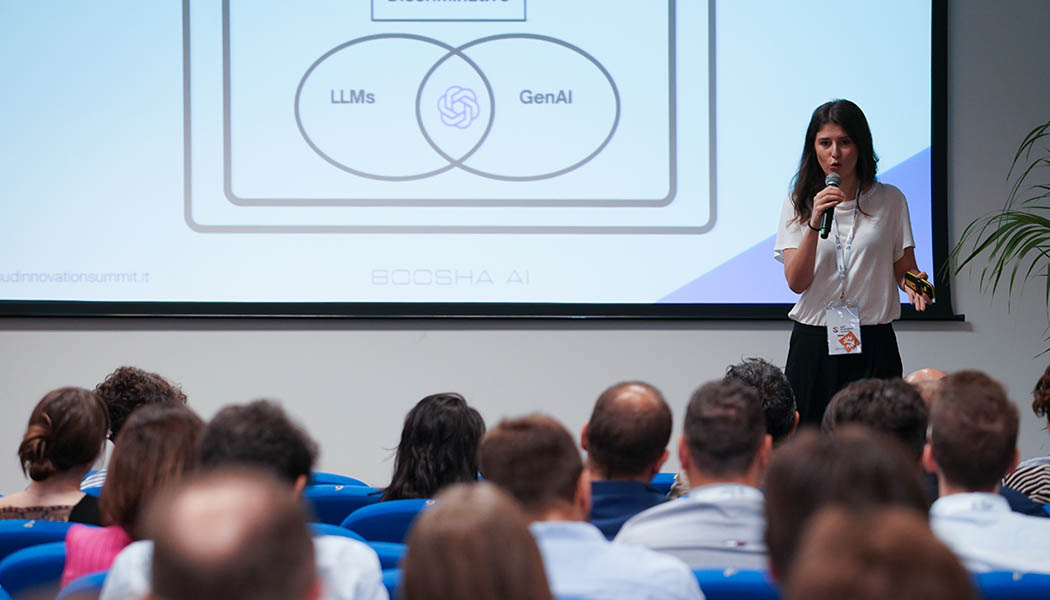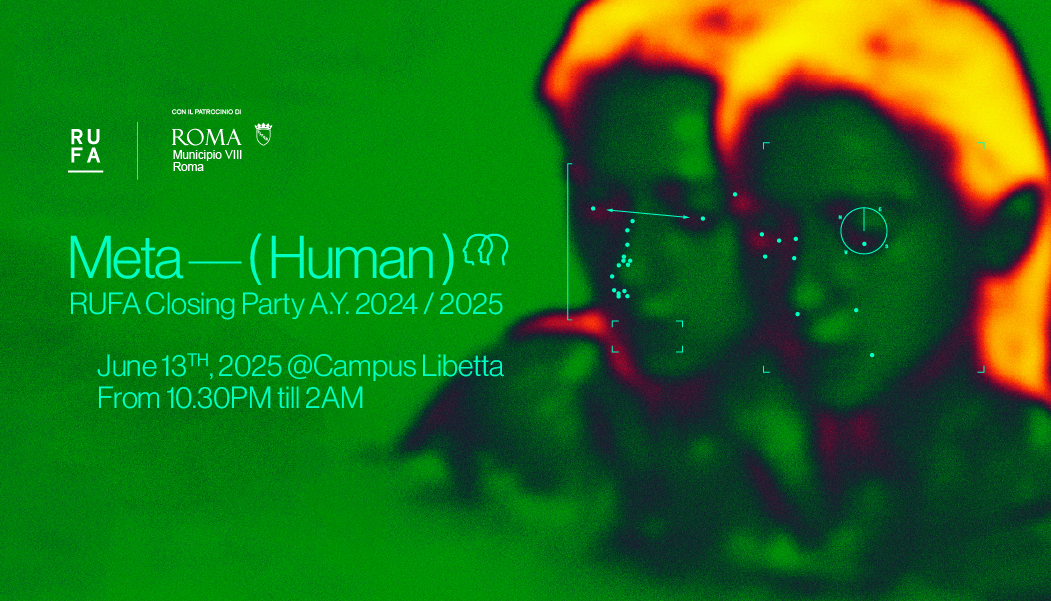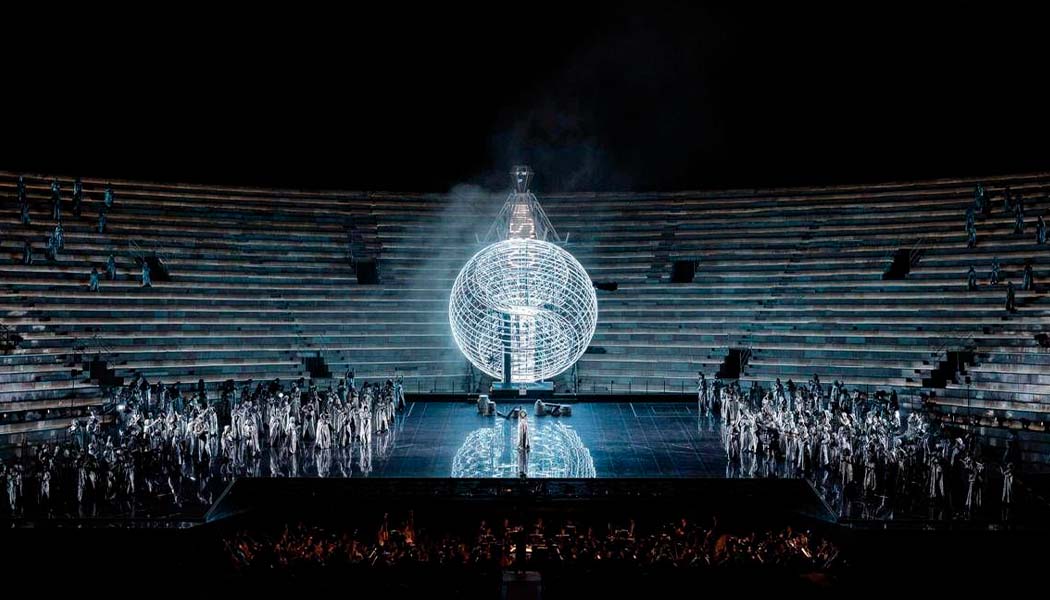A planning of activities that takes into account the social emergencies that continue to mark the education of the new generations. Starting from this concept, the CIANS, Coordination of non-state Afam institutions, kicked off its annual assembly, which was held in Rome, focusing on the scenarios that, in the coming months are going to materialise.
“The CIANS family – explained president arch. Fabio Mongelli – continues to expand. There are currently 19 member institutions. To contextualise the work of the Coordination in the reference scenario, it is sufficient to highlight the numbers that characterise the higher artistic education sector. The Afam System, according to the latest estimates provided by the Ministry of Universities and Research, is composed of a total of 153 institutions, of which 86 state and 67 non-state. CIANS, with 19 associated institutions, represents over 43% of the 44 non-state Afam institutions of private initiative (12 legally recognised Fine Arts Academies and 32 authorised Institutes). Its weight in the entire Afam sector has further increased in recent years if we relate it to the student population, teaching staff and personnel.
The total number of Afam students is 80 thousand 600, while those studying in non-state institutions number around 21 thousand. Of these around 16 thousand students are enrolled at CIANS institutions: this is 20% of the total number of Afam students. This is a truly important result that allows the Coordination to present itself as the main point of reference for issues of interest to non-state Afam institutions and to participate not only in the institutional tables opened by government bodies, but also to highlight the high level of reliability and reliability of the CIANS institutions.
highlight the high level of reliability and competence in the various interlocutions. The members were able to network, exchanging ideas and suggestions, guaranteeing a performing and qualified learning system. Also in the light of the current experience, more than in the past it is necessary to look at the way the student interfaces with the institution, improving the approach where possible. It is the concept of the student’s formative well-being that, over the last few years, has undergone numerous modifications and expansions, leading to a more complete vision of the term, no longer centred on the conditions strictly connected to the transfer of skills within a knowledge space, but as an overall state of ‘being well’, a harmonious condition between people and the learning environment: the result of a training process that involves all aspects of the human being and characterises the quality of the study and work of each person within a community of people. The reception of students first from Afghanistan, and then those fleeing Ukraine, in the associated institutions is one of many demonstrations”.
“In this context,” the president continues, “we have responded with strength and determination to external solicitations, continuing to increasingly spread a culture of quality in our institutions, declined in terms of sustainability and efficiency. This is consistent with the evaluation procedures, which are central to the European quality assurance area. The internal organisation has been further strengthened and the normal organisational coordination functions have been joined by the areas of general secretariat and legal advice, entrusted respectively to Professor Dario Guardalben and lawyer Paolo Clarizia. All the activities carried out converge towards a common goal: to provide concrete answers to the arguments insisting on the Afam sector and in particular the sector of non-state institutions. To summarise: the centrality of the student and the right to study; recruitment and profiling of teachers in non-state Afam institutions; didactic regulations and accreditation of study courses; autonomy of the institutions, from the implementation of the Quality Observatories/Principals to the composition of the governing bodies of non-state institutions”.
After the end of the state of emergency, CIANS is also ready to restart public events. On November 10 at the Maxxi in Rome, the annual conference/workshop dedicated to higher education and artistic research for the development of Made in Italy will be held, with the presentation of activities and the opening of a number of thematic discussion tables.
